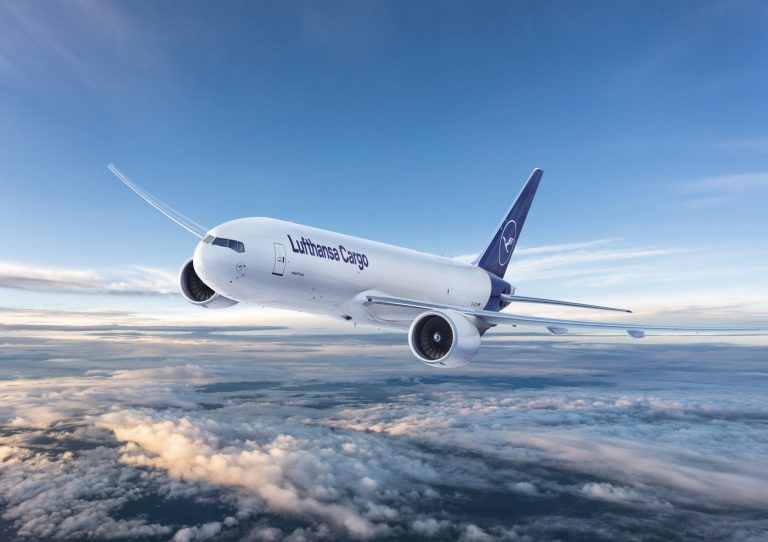Statutory SAF blending rate of 2 percent in the EU
Lufthansa Cargo will include the increasing costs for sustainable aviation fuel (SAF) in the air cargo surcharge (ASC) from January 1, 2025. From 2025, a statutory SAF blending quota of 2 percent will apply in the EU. Other countries are also planning or have already introduced mandatory SAF quotas.
SAF stands for Sustainable Aviation Fuel. This is crucial for more sustainable flying and is driving forward the energy transition in aviation. A high use of SAF requires a rapid increase in supply and availability as well as falling prices. Biogenic SAF is currently three to five times more expensive than fossil kerosene.
The ASC (Airfreight Surcharge) is a surcharge that Lufthansa Cargo has been levying since 2015 to cover additional costs such as fuel, currencies and security measures. Lufthansa Cargo cannot influence these costs. A standardized system monitors the cost development and adjusts the surcharge if necessary. The surcharge is added to the net price of each shipment. In some countries there are special regulations that can lead to different surcharges.
Climate-neutral by 2050
Lufthansa Cargo has set itself the goal of promoting sustainable global trade. Together with the Lufthansa Group, the company is aiming for a neutral carbon footprint by 2050.
By 2030, net CO₂ emissions are to be halved compared to 2019 through reduction and compensation measures. To achieve this, Lufthansa Cargo relies on a modern fleet, sustainable aviation fuels, optimized flight operations and optional sustainable transport offers.
How SAF works
SAF is not used as a pure fuel, but is blended with fossil kerosene as a “drop-in” fuel. Before being transported to the airport, SAF is mixed with fossil aviation fuel and fed into the airport infrastructure.
The “Sustainable Choice” add-on service enables customers to make their shipments more sustainable by using SAF and contributing to climate protection projects. The SAF share can be verified by emission reduction certificates.
The Lufthansa Group guarantees that the amount of SAF required for CO₂ compensation will be fed into flight operations within six months of purchase.
Over its entire life cycle, SAF made from biogenic residues has a CO₂ footprint that is around 80 percent lower than that of conventional kerosene.
Source: www.kloepfel-consulting.com


